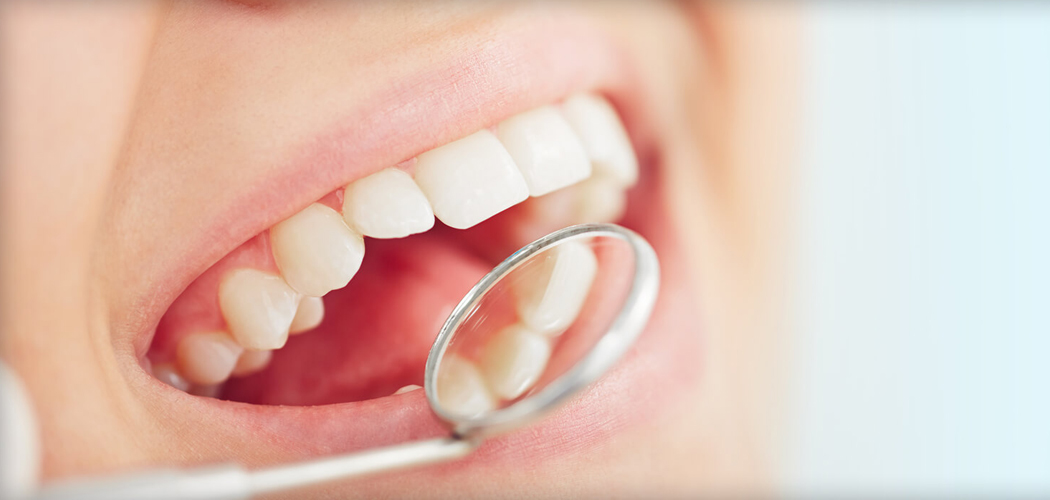- Call Today
- Open Hour
8.00 am to 11.30 pm
8.00 am to 11.30 pm

Preventive dentistry, also sometimes called preventative dentistry, is a term you may have heard at a dental office or read online. It is not very commonly used by the average person because it’s a scientific term that encompasses many of the things that you should do on a regular basis to maintain good oral health. To help you better understand the term and what it means for you and your family, we’ve broken it down below.
Preventive dentistry, much like the word suggests, refers to any activity that works to prevent oral health issues. The focus of preventive dentistry is usually to keep the teeth, gums, and mouth as healthy as possible to prevent tooth decay, gum disease, and other issues.
Being proactive about this type of dental care is important for many reasons. First, overall, it is much less expensive than restorative dentistry (e.g. fillings, crowns, implants, etc.). As a result, many insurance plans cover most or all preventive treatments at your dentist’s office. And, even if you don’t have dental insurance, a regular cleaning appointment (one form of preventive dentistry) is significantly cheaper than even getting a minor cavity filled.
Second, being proactive about dental care helps you maintain healthier teeth and gums, which means you are less likely to experience tooth loss as a result of gum disease or tooth decay. Additionally, because there are so many nerve endings in the mouth, oral health issues can be extremely painful. But if major dental issues can be avoided with proactive prevention, you’re likely to be more pain-free, as well!
Third, many studies have linked oral health and overall health to one another. So, having a healthy mouth through preventive dental care can actually help you have a healthier body overall.
There are several ways to use preventive dental care techniques at home, and many of them may already be part of your daily routine. First, make sure to always brush your teeth twice a day (once in the morning and once before bed) and floss at least once a day (preferably before bed). When choosing your toothbrush and toothpaste, pick ones that are approved by the American Dental Association, as indicated by the ADA Seal of Acceptance on the packaging. It’s important to select oral health products that are approved by the ADA because these have undergone rigorous testing to prove that they are both safe and effective for use.
Second, use an ADA-approved mouthwash to clean the areas of your mouth that your toothbrush doesn’t get. If you have a specific condition or dental health need, such as dry mouth or tooth sensitivity, you should use a specialized mouthwash recommended by your dentist.
Third, try to avoid eating lots of sugary or acidic foods or drinks. The sugars from these easily build up on your teeth and can cause cavities and other issues. Fourth, ensure that your teeth are getting an adequate amount of fluoride. Most public water supplies today are already fluoridated, but if you are on well water or live in an extremely rural area, you and your family may need to supplement with fluoride rinses to keep your teeth strong.
Preventive dental care isn’t limited only to how you care for your teeth at home; there are certain things that only your dentist can do to help you maintain a healthy mouth. That’s why it’s so important to schedule regular cleaning appointments. Most dentists recommend a cleaning every six months, but if you have special circumstances, he or she may need to see you more or less often.
At this appointment, your dentist will likely conduct a series of preventive dental care techniques, such as:
At Lifetime Dental, we understand how important preventive dental care is and we do everything we can to help our patients achieve the healthy smile they deserve. Looking for an experienced and compassionate dentist in Pennsylvania who can help you improve your oral health?
Copyright © 2022 Craft Dental Service is proudly created by ShadowSign